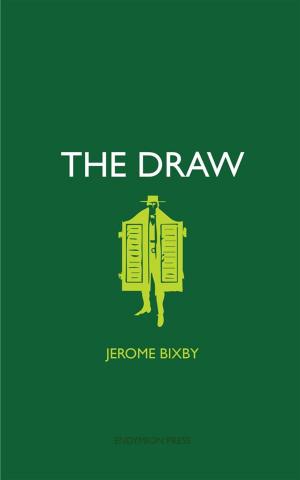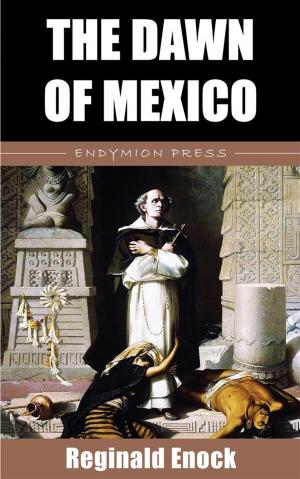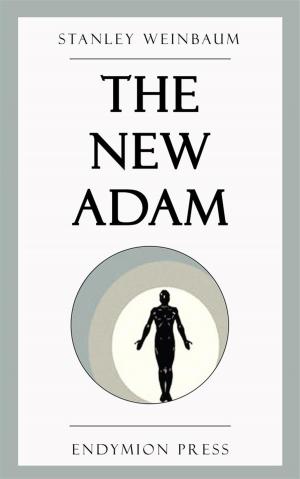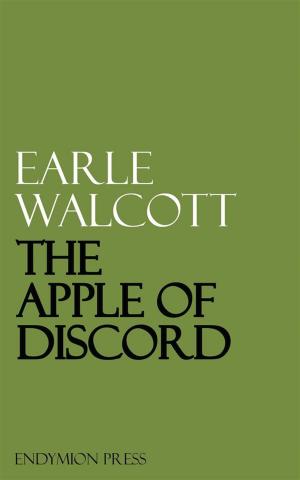A Short introduction to Francis Bacon
Biography & Memoir, Philosophers, Nonfiction, Religion & Spirituality, Philosophy, History, Criticism, & Surveys| Author: | John Lord | ISBN: | 9781537825106 |
| Publisher: | Endymion Press | Publication: | April 17, 2017 |
| Imprint: | Language: | English |
| Author: | John Lord |
| ISBN: | 9781537825106 |
| Publisher: | Endymion Press |
| Publication: | April 17, 2017 |
| Imprint: | |
| Language: | English |
It is not easy to present the life and labors of "The wisest, brightest, meanest of mankind." So Pope sums up the character of the great Lord Bacon, as he is generally but improperly called; and this verdict, in the main, has been confirmed by Lords Macaulay and Campbell, who seem to delight in keeping him in that niche of the temple of fame where the poet has placed him,--contemptible as a man, but venerable as the philosopher, radiant with all the wisdom of his age and of all preceding ages, the miner and sapper of ancient falsehoods, the pioneer of all true knowledge, the author of that inductive and experimental philosophy on which is based the glory of our age. Macaulay especially, in that long and brilliant article which appeared in the "Edinburgh Review" in 1837, has represented him as a remarkably worldly man, cold, calculating, selfish; a sycophant and a flatterer, bent on self-exaltation; greedy, careless, false; climbing to power by base subserviency; betraying friends and courting enemies; with no animosities he does not suppress from policy, and with no affections which he openly manifests when it does not suit his interests: so that we read with shame of his extraordinary shamelessness, from the time he first felt the cravings of a vulgar ambition to the consummation of a disgraceful crime; from the base desertion of his greatest benefactor to the public selling of justice as Lord High Chancellor of the realm; resorting to all the arts of a courtier to win the favor of his sovereign and of his minions and favorites; reckless as to honest debts; torturing on the rack an honest parson for a sermon he never preached; and, when obliged to confess his corruption, meanly supplicating mercy from the nation he had outraged, and favors from the monarch whose cause he had betrayed. The defects and delinquencies of this great man are bluntly and harshly put by Macaulay, without any attempt to soften or palliate them; as if he would consign his name and memory, not "to men's charitable speeches, to foreign nations, and to the next ages," but to an infamy as lasting and deep as that of Scroggs and of Jeffreys, or any of those hideous tyrants and monsters that disgraced the reigns of the Stuart kings...
It is not easy to present the life and labors of "The wisest, brightest, meanest of mankind." So Pope sums up the character of the great Lord Bacon, as he is generally but improperly called; and this verdict, in the main, has been confirmed by Lords Macaulay and Campbell, who seem to delight in keeping him in that niche of the temple of fame where the poet has placed him,--contemptible as a man, but venerable as the philosopher, radiant with all the wisdom of his age and of all preceding ages, the miner and sapper of ancient falsehoods, the pioneer of all true knowledge, the author of that inductive and experimental philosophy on which is based the glory of our age. Macaulay especially, in that long and brilliant article which appeared in the "Edinburgh Review" in 1837, has represented him as a remarkably worldly man, cold, calculating, selfish; a sycophant and a flatterer, bent on self-exaltation; greedy, careless, false; climbing to power by base subserviency; betraying friends and courting enemies; with no animosities he does not suppress from policy, and with no affections which he openly manifests when it does not suit his interests: so that we read with shame of his extraordinary shamelessness, from the time he first felt the cravings of a vulgar ambition to the consummation of a disgraceful crime; from the base desertion of his greatest benefactor to the public selling of justice as Lord High Chancellor of the realm; resorting to all the arts of a courtier to win the favor of his sovereign and of his minions and favorites; reckless as to honest debts; torturing on the rack an honest parson for a sermon he never preached; and, when obliged to confess his corruption, meanly supplicating mercy from the nation he had outraged, and favors from the monarch whose cause he had betrayed. The defects and delinquencies of this great man are bluntly and harshly put by Macaulay, without any attempt to soften or palliate them; as if he would consign his name and memory, not "to men's charitable speeches, to foreign nations, and to the next ages," but to an infamy as lasting and deep as that of Scroggs and of Jeffreys, or any of those hideous tyrants and monsters that disgraced the reigns of the Stuart kings...















